5 reasons Pebble's tiny smartphone is doomed to fail
Pebble might want a tiny smartphone, but we don't
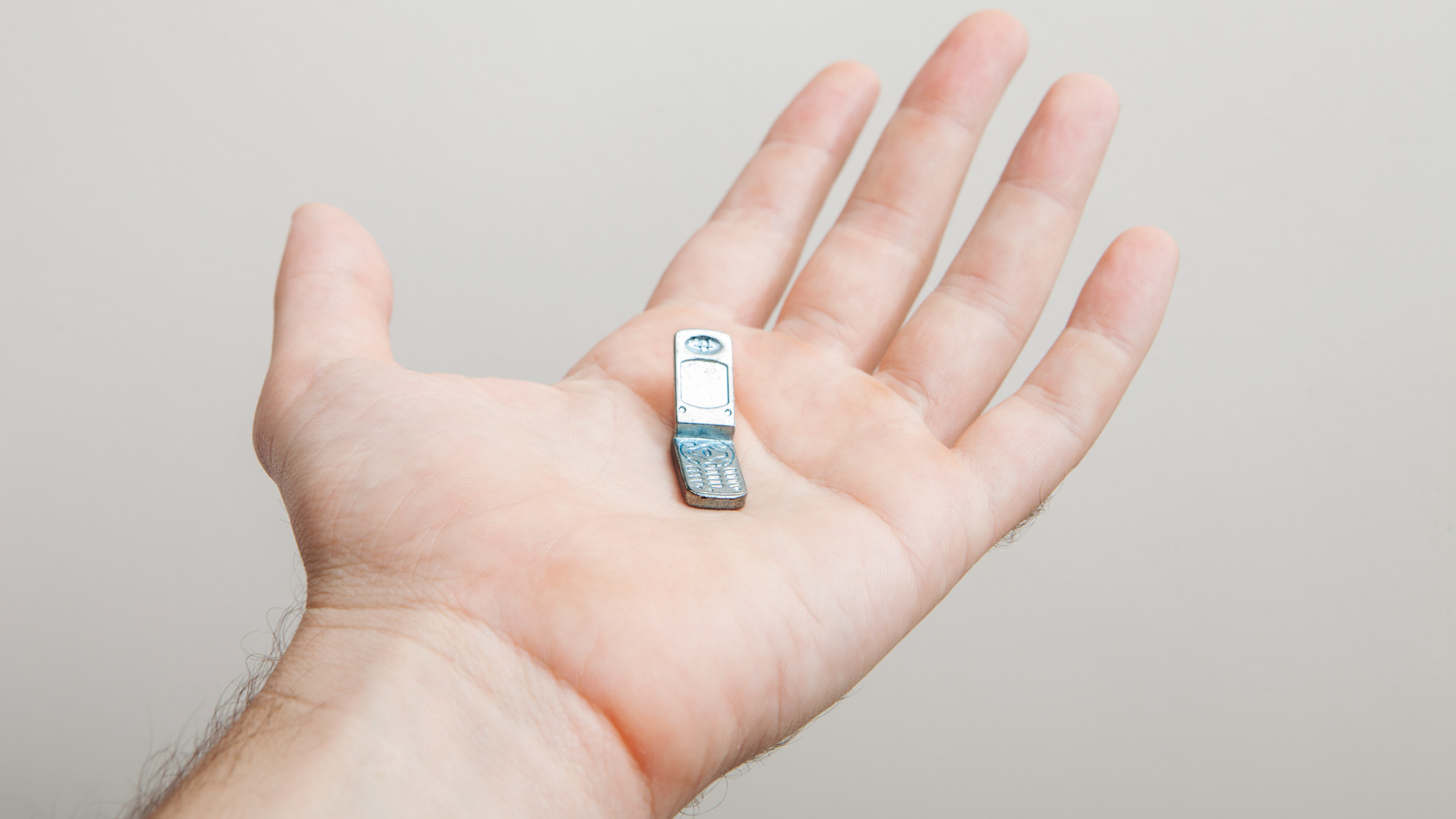
Sign up to receive The Snapshot, a free special dispatch from Laptop Mag, in your inbox.
You are now subscribed
Your newsletter sign-up was successful
It’s me, your friendly, neighborhood tech curmudgeon coming to playfully rain on your parade. This time around I’m bringing some of the Laptop Mag staff along for the hate fest. Today’s target is Pebble and murmurings that they’re looking to make their own smartphone to fill the tiny hole left by the absence of the iPhone 13 mini. The founder of the discontinued smartwatch company, Erik Migicovsky, spearheaded a petition for someone, anyone to make a small form factor smartphone.
Since then, what started as the Small Smartphone Petition, which got close to 39,000 signatures has evolved into what’s being described by The Verge as a “community-based project.” The SAP team currently has a Discord channel where the tiny phone fanatics are feverishly planning to begin sourcing for various phone components including the display, chipset and more. The biggest standout about this dream phone is a distinctive camera that Ben Bryant, one of the team leads and former Pebble alum, is envisioning with a 100-megapixel sensor.
All of that is well and good, and I appreciate the sentiment and love the chutzpah behind it even more. But I just don’t think that this plan is going to work. And if a viable phone does come out of this, I’m pretty sure it’s going to go the way of the JooJoo tablet and Pebble line of smartwatches and tank for a myriad of reasons. But to save you some time, the staff and I cut the list down to five. So without further ado:
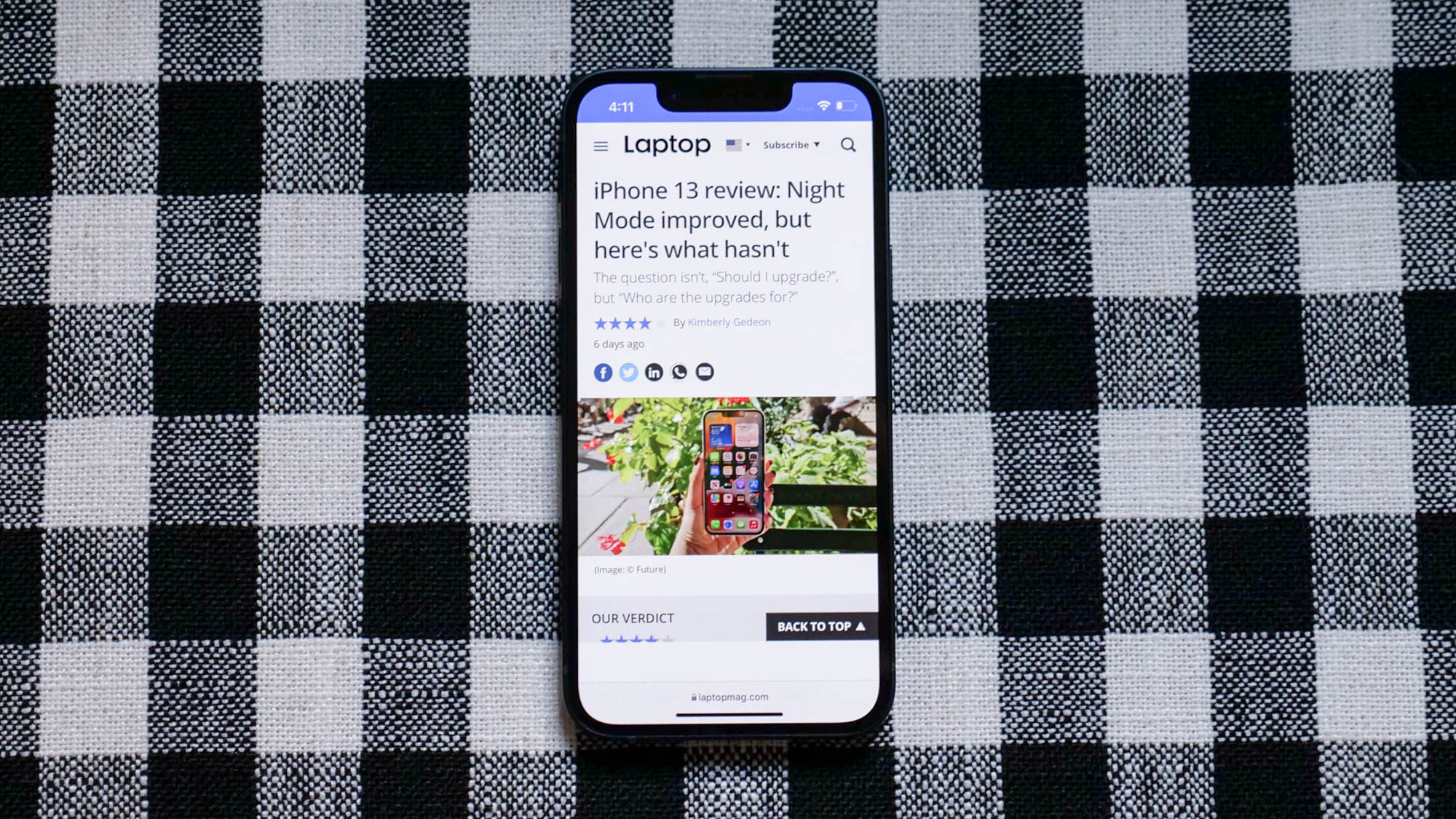
1. No one asked for this, especially not from Pebble
According to the site, smallandroidphone.com, over 38,000 people have a hankering for a small form factor Android phone, so there’s some credence that this should probably be a thing. But 38K is a drop in the bucket compared to the smartphone-owning public at large. And when the iPhone 13 mini didn’t perform as well as Apple hoped (only 5% of all iPhones currently sold are minis), I thought this was a public rebuke of the teeny-tiny phone.
It was a nostalgia play that simply didn’t pan out now that consumers have gotten used to the luxury of larger screens thanks to the likes of the iPhone 14 Pro Max and my beloved Samsung Galaxy 23 Ultra. And then there’s foldables like the Samsung Galaxy Z Flip4 and the Galaxy Z Fold4 that essentially bring the best of both worlds –– a manageable handheld when folded and a massive tablet-like display when unfurled.
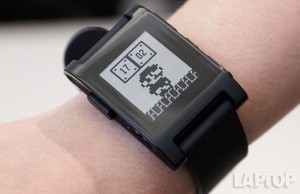
But now we’re here and Pebble is leading the charge and I’m like, “Really?” Do I really want to put all my eggs in Pebble’s basket? The same Pebble that when they operated as a smartwatch company got rave reviews for their initial devices, got too big for their britches and became too ambitious only to crash and burn under the weight of underwhelming sales and overpromised features. That doesn’t seem like a safe bet to me. Especially when I’m reading some of the ideal and nice to have specs (i.e. Snapdragon 8 CPU and rugged enough not to need a case).
Hell, even Pebble doesn’t think it should make this phone. “My hope,” says Migicovsky, “is that we can gather support from the community and convince Google (ideally) or another Android manufacturer to build this phone…If no one else ends up building one, and enough people sign up...maybe I will be forced to make it myself.”
Sign up to receive The Snapshot, a free special dispatch from Laptop Mag, in your inbox.
Please, let’s not with this phone and say we did.
Sherri L. Smith, Editor in Chief, Laptop Mag
2. Price is all wrong at $850 for a non-flagship phone
I owned multiple Pebble smartwatches, so I was intrigued when I first saw that the people behind it were working on a small phone, but then I saw the projected price. While we are obviously in early days and things change, targeting $850 for a phone that Migicovsky indicates will be below flagship level (Snapdragon 8 Gen 1+) is simply a recipe for disaster in today’s phone market.
There are far too many compelling options at or in some cases well below this price range that are going to run laps around this phone by the time it's released. The only small phone that anyone would point to as worth buying on the market right now is the Asus Zenfone 9. The 5.9-inch phone, which launched last year with the aforementioned Snapdragon 8 Gen 1+ chipset and otherwise seems to match up well with Pebble’s aspirations, started at just $729. Unless Pebble has something particularly magical up its sleeve, the Asus Zenfone 10 that we assume will arrive this year is going to steal its lunch money.
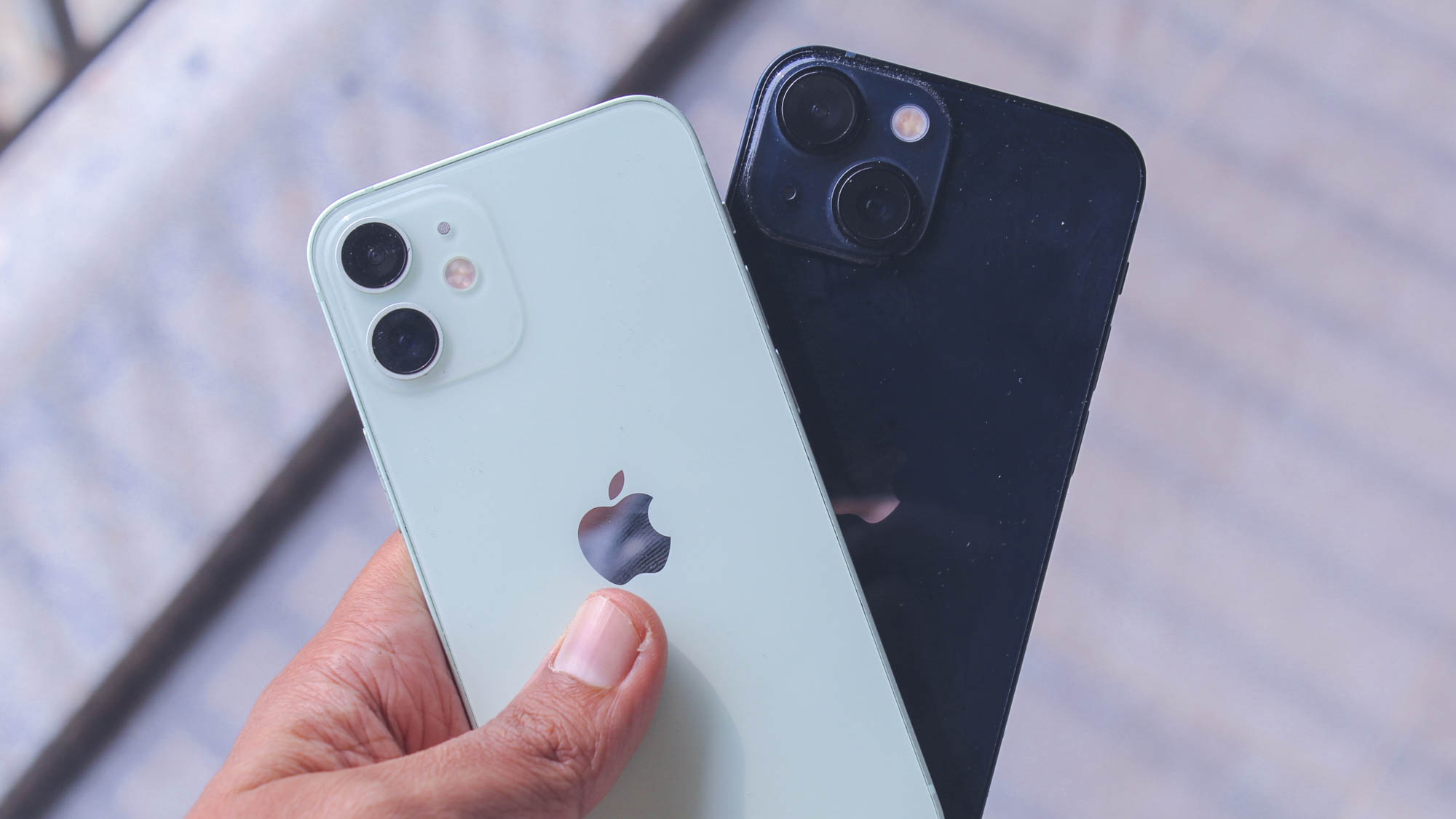
For users that aren’t so dead set on a small phone, the iPhone 14 ($799), the Galaxy S23 ($799), the Pixel 7 ($599), and our favorite budget phone the Pixel 6a ($449) are all superior values to Pebble’s future offering. Compounding the problem, and touching on one of our later concerns for Pebble’s plans, is the fact that we could have foldables arriving in this price range later this year with OnePlus and numerous other manufacturers joining the folding phone fray.
I question whether there was ever a time for an $850 sub-flagship tiny phone, but if it ever existed, that time is gone.
Sean Riley, Assistant Managing Editor, Laptop Mag
3. Even Apple couldn’t make a small phone work
Sorry to those who love small phones, but even Apple — arguably the reigning king of smartphones — couldn’t seduce consumers to purchase its pocket-sized device.
When the Cupertino-based tech giant debuted the 5.4-inch mini variant with the iPhone 12, Apple likely thought it would pluck consumers’ heartstrings by rolling out a clutchable phone that reminds us of the good ol’ days. As it turns out, although flagship phones’ display sizes have swelled to nearly 7 inches, their unwieldiness is only a minor inconvenience for many consumers. Personally, I’d rather have a phone with plenty of screen real estate that lets me scroll through long-form articles, stream my favorite TV shows and movies, and play some of the best mobile games. Sure, having a phone that can fit into my jean pocket is nice — but a gorgeous, expansive panel is nicer. And according to Apple’s poor mini sales, many others feel the same.
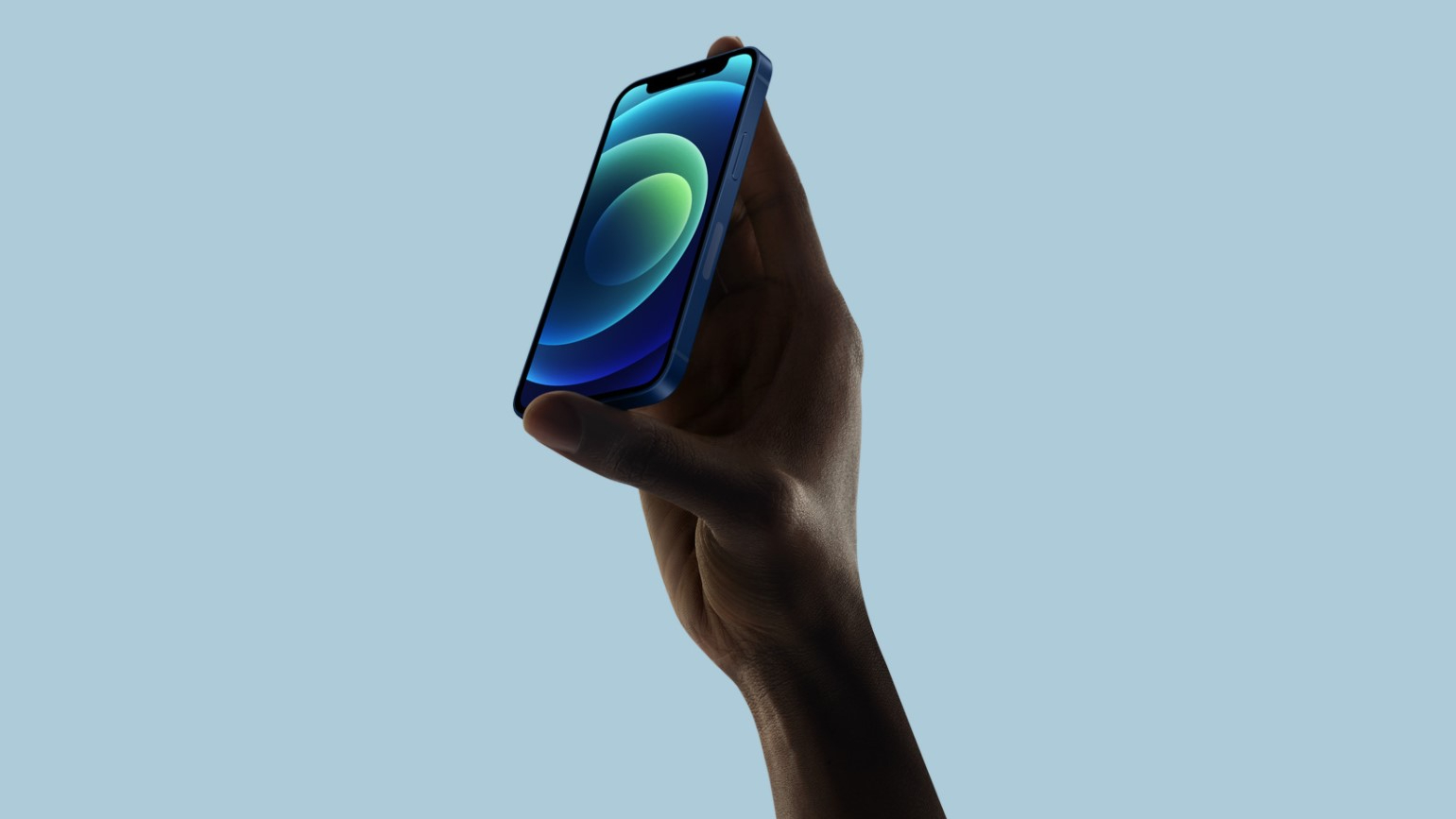
According to Reuters, the iPhone 12 mini only accounted for 5% of overall smartphone sales during the first half of January 2021. That’s it — just 5%. Consumers want to devour more picture and video content on-the-go via TikTok, Twitter, Instagram, YouTube, and more, so a small-screen phone is no longer fulfilling. In the same time frame, sales for all phones with screens that measured less than six inches only grabbed a 10% share.
Despite the iPhone 12 mini flopping harder than a fish out of water, Apple continued to roll out its successor: the iPhone 13 mini. History repeated itself here, unfortunately, and the iPhone 13 mini had the smallest share of sales out of all the models, including the standard iPhone 13, the iPhone 13 Pro, and the iPhone 13 Pro Max. Ouch!
Consequently, Apple axed the mini from its lineup when it debuted the iPhone 14 last September. That being said, if Apple couldn’t convince its die-hard fan base to pick up its powerful pocket rocket, why does Pebble think that it can make “fetch” happen?
Kimberly Gedeon, Editor, Laptop Mag
4. Battery life
Smaller phones make for a smaller battery and barring a technological miracle, that’s unlikely to change. SAP doesn’t list its proposed specs for the battery, but looking at the must-have specs: the 5.4-inch, 1080p OLED display, Snapdragon 8 CPU, cameras at least as good as the Pixel 5 and four hours of on-screen time doesn’t build confidence. But SAP might have given us a hint into what we can expect in terms of battery life.
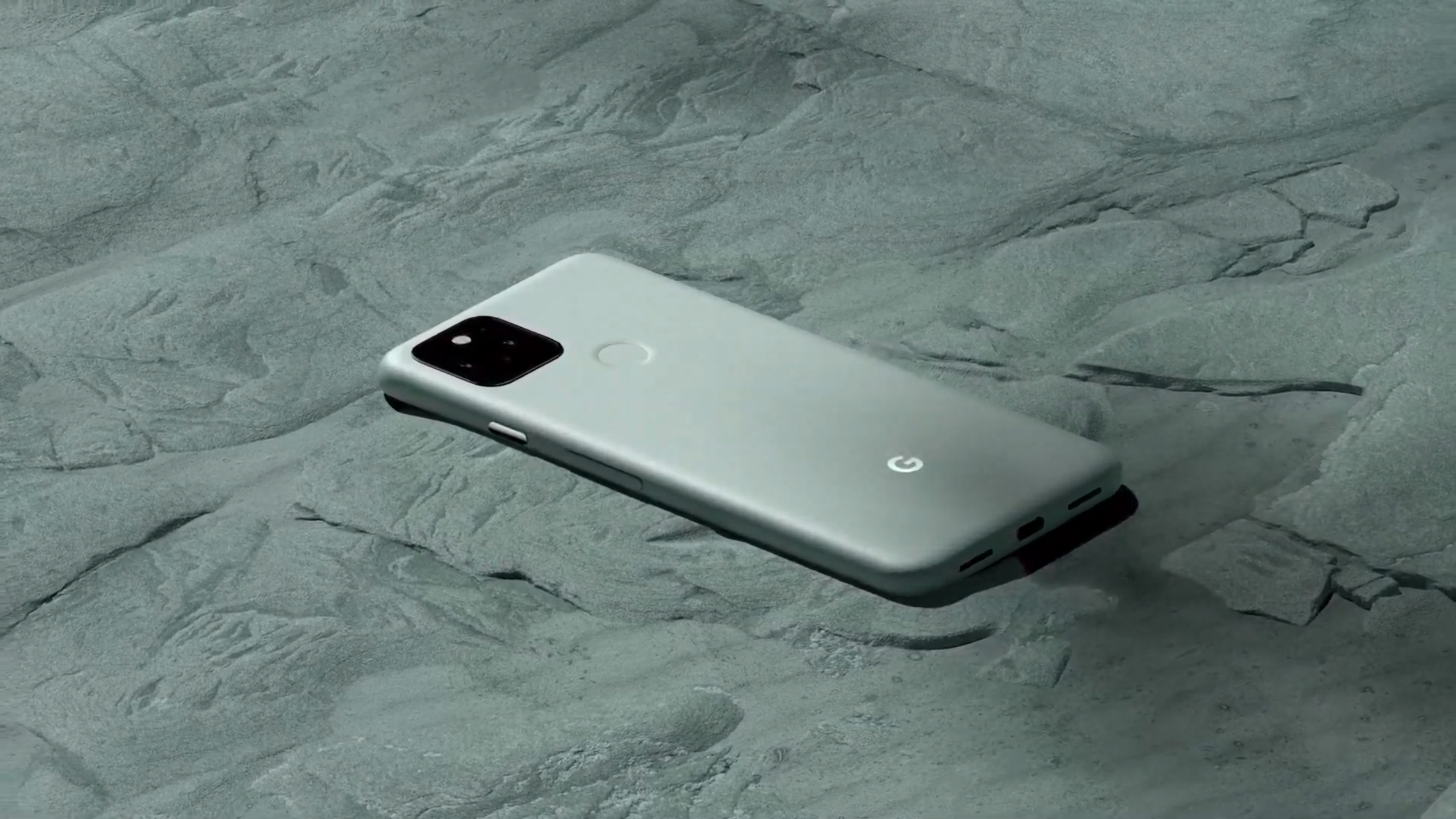
Ideally, Migicovsky would like any new small form factor smartphone to closely resemble the iPhone 13 mini. Running off that framework, let’s say this new phone has the same 2,406-mAH as the mini. The iPhone 13 mini lasted 8 hours and 51 minutes on the Laptop Mag battery test and that’s with the A15 Bionic chip that Apple designed with more efficiency in mind. That’s more than a typical workday, but I for one, expect longer battery life.
Meanwhile, despite all the background apps and selfies, my S23 Ultra lasts 11 hours before I have to go searching for a charger. Now granted, my phone has a massive 5,000mAH battery that’s twice as big as the 13 mini, which is precisely one of the reasons I went with this instead of Samsung’s competitors. The only way SAP’s phone would be acceptable is that it has serious fast charging and as of now, that’s not something on either the must-have or nice-to-have lists.
Sherri L. Smith, Editor in Chief, Laptop Mag
5. Foldables make small phones irrelevant
No one actually wants a small phone. Ok, that might be a slight overstatement, but the reality is that the number is vanishingly small enough that there isn’t a market for numerous entries in the category. Part of the reason for this is foldables are sucking the air out of the room for these pint-sized phones.
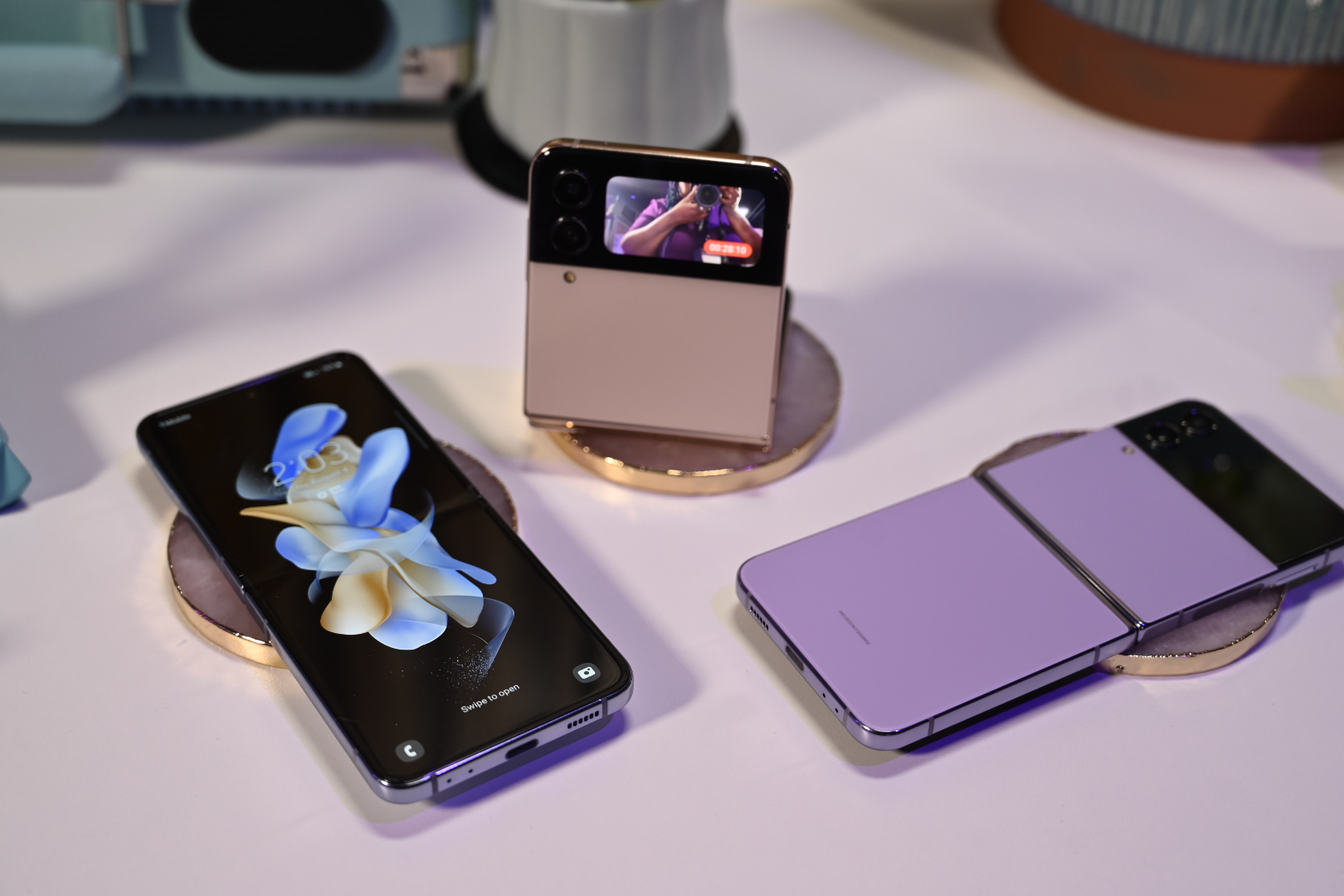
The driving motivation for most small phone shoppers is a desire for something that is easily portable and can fit in any bag or pocket. For most it is an unfortunate side effect that this means the phone needs to have a small display. Enter foldables, a phone like the Galaxy Z Flip 4 gives you a tiny phone in your bag or pocket that magically transforms into the 6.8-inch display flagship phone that most people actually want. If you are going to argue with me on that point, please revisit reason 3 why the Pebble smartphone will fail, the truth is that the market has proven time and again that the vast majority of phone buyers want a larger display.
While the specter of durability concerns will still drive some way from foldables compared to a standard small slab phone, it’s a diminishing worry with foldables now boasting the same water resistance as any other flagship phone. With Samsung already delivering a sub-$1,000 foldable and a handful more on the horizon this year, the clock has run out for small phones and Pebble is simply too late.
Sean Riley, Assistant Managing Editor, Laptop Mag

Sherri L. Smith has been cranking out product reviews for Laptopmag.com since 2011. In that time, she's reviewed more than her share of laptops, tablets, smartphones and everything in between. The resident gamer and audio junkie, Sherri was previously a managing editor for Black Web 2.0 and contributed to BET.Com and Popgadget.
